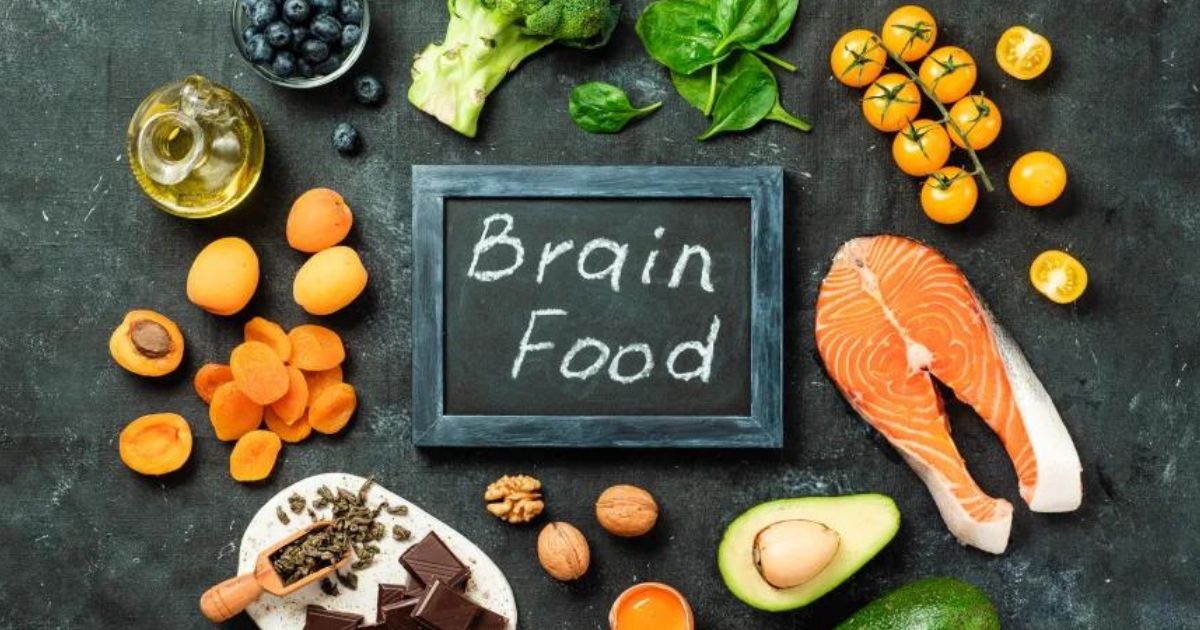In recent years, the term “brain foods” has gained significant traction, with claims suggesting certain dietary choices can enhance brain health, memory, and alertness. However, amidst the widespread circulation of these ideas, experts are stepping in to analyze the effectiveness of brain foods.
The phenomenon of “brain foods” has been particularly amplified on social media platforms like TikTok, where users share an abundance of content under the hashtag #brainfoods, promoting various food items as potential aids for mental acuity.
Yet, while there have been studies linking certain foods to brain protection, determining the direct impact of individual dietary components on brain function remains challenging.
To shed light on this matter, neuro experts at Brainworks Neurotherapy are debunking the claims associated with so-called brain foods trending on social media. They aim to provide clarity on what dietary choices genuinely contribute to brain health.
Effectiveness of Brain Foods and its Impact On Your Body
One of the trending items often associated with brain health is green powders. Marketed as dietary supplements containing powdered vegetables, fruits, and nutrients, these powders are purported to offer a convenient way to enhance nutrient intake.
While they may provide some benefits by filling nutritional gaps, they are not a substitute for consuming whole fruits and vegetables. The processing and storage of greens powders may affect the bioavailability and efficacy of nutrients compared to whole foods.
Similarly, matcha, a finely ground powder variant of green tea, has garnered attention for its potential brain-boosting properties due to its L-theanine content. While matcha may offer certain advantages over regular green tea, such as a higher concentration of beneficial compounds, the differences are not significant enough to deem it a superior brain food.
Another popular item touted for brain health is avocados, known for their high Vitamin E content. However, while avocados offer health benefits, there are more accessible food options that provide similar results.
Consuming a variety of nuts, seeds, and green vegetables can meet the body’s Vitamin E needs and provide brain-supporting B vitamins.
Similarly, Açaí berries have gained popularity for their purported antioxidant and anti-inflammatory properties. While these berries may offer potential neuroprotective benefits, claims about significant cognitive enhancements remain speculative. Alternative dark-colored berries like blueberries, blackberries, and raspberries can provide similar brain-boosting advantages.
Amidst the debunking of trendy brain foods, experts emphasize the importance of incorporating certain foods known for their brain health benefits. Leafy greens like kale, spinach, and broccoli are rich in nutrients like Vitamin K and beta-carotene, crucial for cognitive function. Fatty fish, such as salmon and tuna, provide essential omega-3 fatty acids, beneficial for brain health and reduce the risk of Alzheimer’s disease.
Moreover, tea and coffee offer cognitive benefits through caffeine, which enhances alertness and helps solidify new memories. Additionally, nuts like walnuts, rich in omega-3 fatty acids, support heart and brain health, potentially improving memory.
In conclusion, while the concept of “brain foods” may capture attention on social media, it is essential to approach such claims with caution. While certain foods may offer health benefits, there is no magical solution for optimizing brain function through diet alone. Instead, a balanced diet incorporating nutrient-rich foods known for their brain health benefits is key to supporting cognitive function and overall well-being.








Leave a Reply
You must be logged in to post a comment.